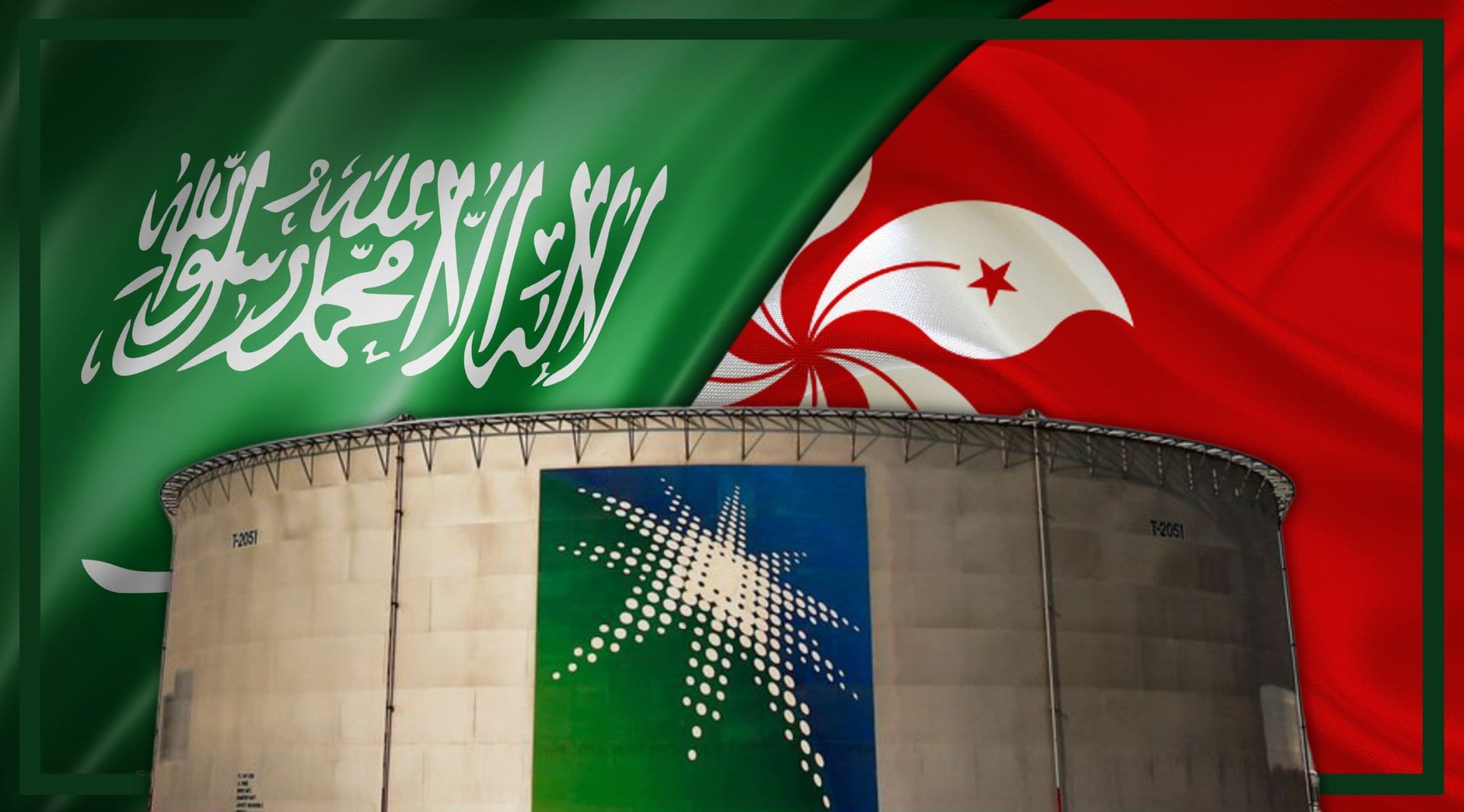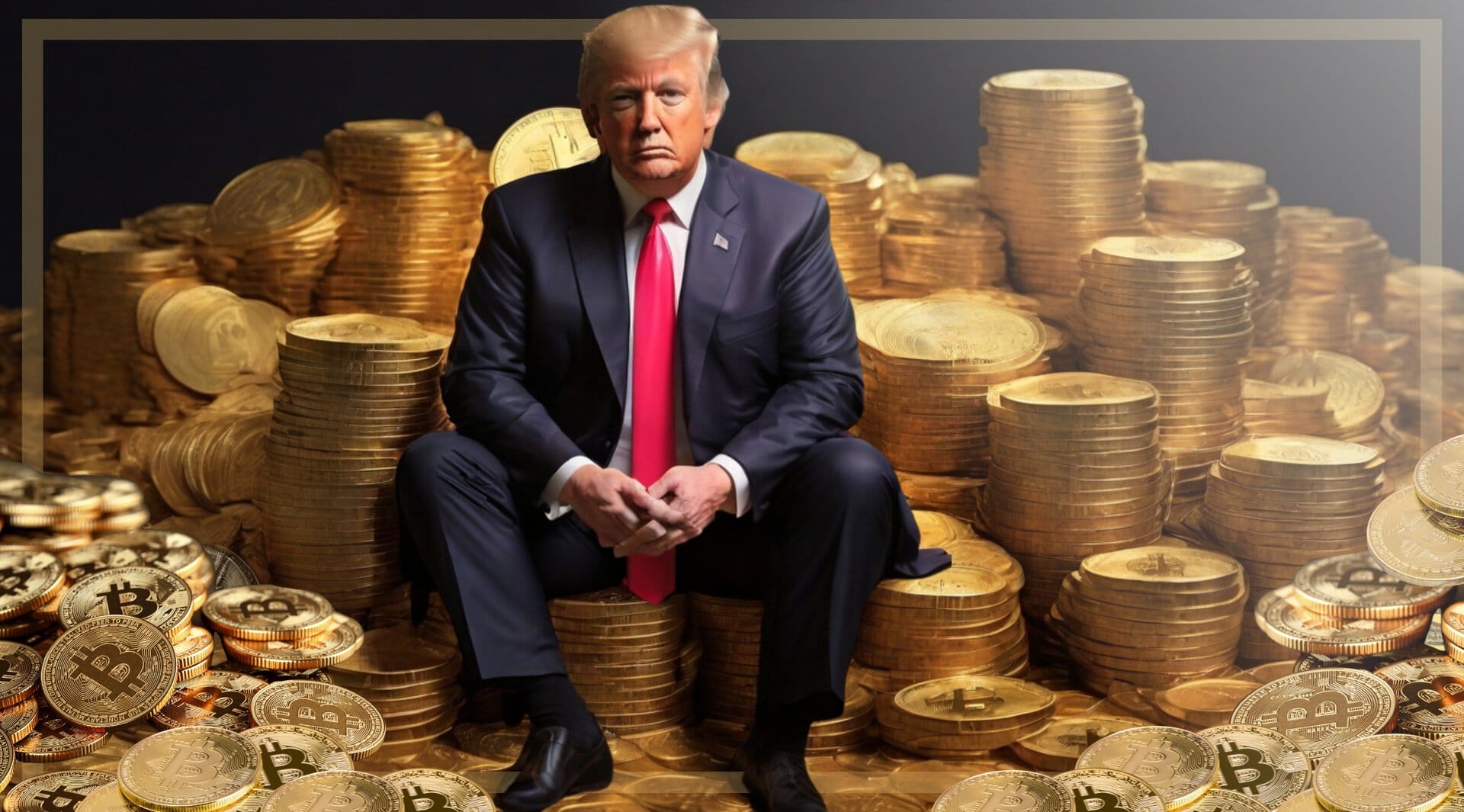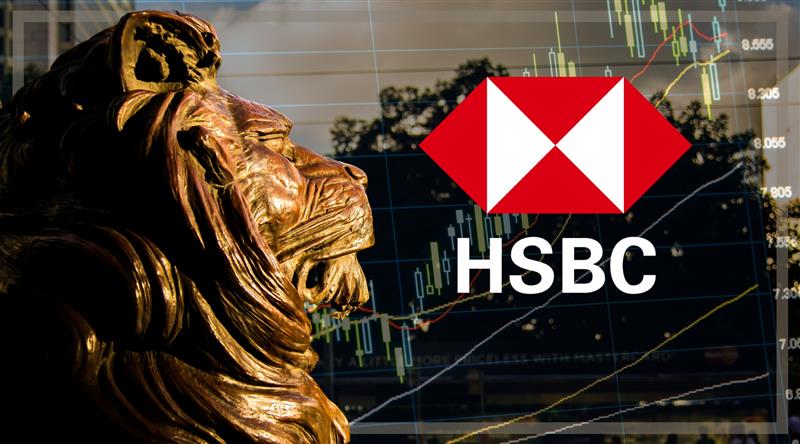On a recent visit to the Middle East, which included stops in Saudi Arabia and the United Arab Emirates, Hong Kong’s Chief Executive John Lee sought to emphasise his city’s credentials as a global financial hub. Speaking in Riyadh, Lee announced that Hong Kong and Saudi Arabia are to launch formal negotiations on an “Investment Promotion and Protection Agreement.” He outlined how “the agreement will further promote bilateral investment flows and strengthen the confidence of investors from both sides.”
Perhaps the most significant news to break from this pledge of closer relations was that Saudi Arabia’s state oil company, Aramco, could list on the Hong Kong Stock Exchange (HKEX). Given Aramco’s fraught history on international markets, the potential listing starkly reveals the directions both Saudi Arabia and Hong Kong are heading.
"There's a lot of compatibility between the interests of Saudi and Hong Kong," says HKEX CEO Nicolas Aguzin, when asked about Hong Kong's pursuit of a secondary Saudi Aramco listing,
— Bloomberg Middle East (@middleeast) February 10, 2023
Watch the full interview: https://t.co/dJa5bRm2PI pic.twitter.com/PcPWQlPcDd
The IPO That Never Was
In January 2016, Mohammad bin Salman announced that he was to sell 5% of Aramco through an initial public offering (IPO). He believed that this would raise $100 billion – valuing Aramco at $2 trillion. As a statement that Saudi Arabia was firmly among the great international economic and political powers, MBS wanted Aramco to list on one of the world’s most important markets, preferably the New York Stock Exchange (NYSE).
However, this isn’t quite how it played out. For one, investors were uneasy at the seismic valuation, with informal predictions in 2019 suggesting that the market valued Aramco at between $1.1 and $1.7 trillion. Perhaps more importantly, there were also several hurdles that Aramco failed to overcome.
Foreign exchanges, such as the NYSE, demanded standards of legal transparency and accountability that Aramco did not have to deal with in Riyadh. The company would have had to disclose whole swathes of information to the Securities and Exchange Commission. Furthermore, Aramco is a publicly-owned company whose primary purpose is to serve the Saudi state. The company often cuts or expands oil production (and therefore profits) depending on the aims of the Saudi Arabian government and where they want global oil markets to go. How do you square those goals with a listed company whose fundamental mission should be to offer maximum return to shareholders?
There was also a fear that, should Aramco float in New York, the company could be exposed to potential lawsuits in the US. Particularly in light of the case brought against the Saudi government by families of 9/11 victims, who claim the state was partly involved in the terror attacks, MBS feared that legal authorities, in the States and internationally, could target the company’s assets more easily.
Lawyers have warned Saudi Aramco that a New York listing poses the greatest litigation risk of any jurisdiction https://t.co/ufr7Zk2vyH pic.twitter.com/LDDXAbfQPw
— Financial Times (@FT) June 5, 2017
The Allure of Hong Kong
Eventually, MBS opted for a domestic listing, with Aramco floating on the Tadawul Stock Exchange in Riyadh. The IPO was record-breaking: raising a historic $25.6 billion and nearing a $1.9 trillion valuation on the first day of trading, not far off the initial $2 trillion target. However, there was also a lingering disappointment in some Saudi circles that Aramco had failed to go public in New York or another global financial hub.
A secondary listing in Hong Kong – Aramco’s business is highly diversified, with different subsidiaries that could list away from Riyadh – would make sense for several reasons. While Hong Kong has undoubtedly declined as a financial hub, with Singapore now widely considered to be Asia’s top financial centre, the city still holds considerable prestige and clout. A listing in Hong Kong would not quite replace the “listing that never was” in New York but would nonetheless reemphasise Saudi’s credentials as an economic power of international importance.
Geopolitical Shifts
Deeper engagement with Hong Kong would also send a signal to America that Saudi Arabia is ready to engage much more deeply with their rivals, including China. Relations between Riyadh and Washington have declined since the election of President Biden, who vowed to make the Gulf state an international “pariah.” Biden was subsequently infuriated when, despite him visiting the country to urge the opposite course of action, Saudi Arabia voted with Russia at OPEC to cut oil supplies and keep prices higher.
President Joe Biden is 're-evaluating' America’s relationship with Saudi Arabia after the Opec+ decision to cut oil production, and as tensions between Washington and Riyadh continue to rise https://t.co/xuU66tKhy7
— Financial Times (@FinancialTimes) October 11, 2022
Jaejoon Woo, former Director and Chief Korea Economist at Bank of America Merrill Lynch in Hong Kong, believes that the potential listing reflects shifting geopolitical trends.
“I think a couple of things are happening here,” Woo told Disruption Banking. “Last December, Saudi Arabia and China signed a strategic partnership agreement on a range of areas, from oil to security. The potential Aramco listing in Hong Kong can be viewed as another concrete step towards strengthening their ties. This is happening at a time when the US appears to be disengaging from the Gulf and China wants to expand its influence there.”
A Prize for Hong Kong?
The move would be beneficial for Hong Kong, too, which is desperate to prove its status as an international financial centre after years of its reputation being undermined. The repressive measures China took to reintegrate Hong Kong into the Chinese mainland, as well as the three long years of “zero Covid” lockdowns, have led to significant outflows of international bankers from the city. Given this desperation, and given the fact that Hong Kong is slowly dropping its adherence to the rule of law, it is far from inconceivable that the authorities could allow Aramco to circumvent the kind of auditing and compliance standards that prevented its listing in New York.
Bankers used to clamor for jobs in Hong Kong, now it's basically seen as a hardship posting.https://t.co/0HD1CjiLJ0
— Tracy Alloway (@tracyalloway) March 7, 2022
“Hong Kong’s new leader, John Lee, is now eager to re-establish Hong Kong’s reputation as a premier financial centre after lifting the highly restrictive Covid measures that caused an exodus of foreign firms and its domestic residents over the last couple of years,” Woo said. “In this context, listing such a giant company like Aramco in Hong Kong would be a wonderful showcase to signal that Hong Kong is back in business.”
If Aramco were to list in Hong Kong, the question is whether this would be a blessing or a curse. It’s certainly the case that Hong Kong needs a headline-grabbing mega-deal after years of isolation and economic contraction. But at what price? There is a risk that an Aramco listing would signal the city’s ultimate submission into a more authoritarian and less transparent financial order. Is this a price worth paying? Only time will tell.
Author: Harry Clynch
#HongKong #SaudiArabia #Aramco #IPOs #InvestmentBanking















